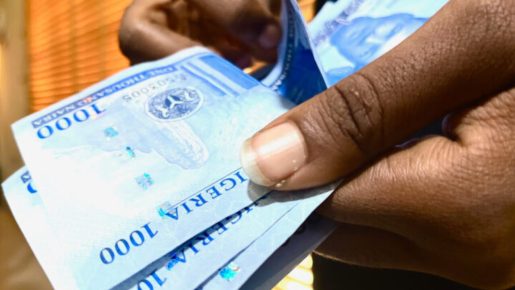On Friday, the Nigerian Naira experienced a drastic decline, closing at N927.19 per dollar in the official market and reaching N1165 per dollar in the parallel market.
Official data from the Nigerian Autonomous Foreign Exchange Market (NAFEM) indicated a significant 11.39% depreciation of the domestic currency, closing at N927.19 to a dollar at the end of the business day. This reflects a noteworthy N94.87 loss or an 11.39% decrease compared to the N832.32 closing rate on Thursday.
The intraday high touched N1160/$1, while the intraday low was N701/$1, showcasing a substantial spread of N459/$1. Forex turnover at the close of trading amounted to $110.14 million, registering a 4.57% decrease compared to the previous day.
Similarly, in the parallel forex market, where forex is unofficially traded, the naira weakened as the exchange rate depreciated by 0.43%, quoted at N1165/$1. Peer-to-peer traders were quoting around N1159.62/$1.
Expert Perspectives on Naira’s Freefall
In response to the continuous decline of the Naira in both the official Nigerian Foreign Exchange Market (NAFEM) and the unofficial market, financial experts have urged the Central Bank of Nigeria (CBN) to de-dollarize the economy by declaring any local transactions in US dollars illegal.
Dr. Biodun Adedipe, the founder and chief consultant of B. Adedipe Associates Limited (BAA Consult), suggested that the CBN should intervene by stopping government agencies from charging local operators and entities in US dollars. Additionally, he recommended that the sale of crude oil to local refineries should be conducted in Naira rather than in US dollars.
Adedipe emphasized the need for transparent dealings with participating banks at the Investors and Exporters (I&E) Window and proposed the illegalization of local transactions in US dollars. He also called for a shift in the sale of crude oil to local refineries from dollars to Naira.
Moreover, Adedipe suggested direct engagement between President Bola Tinubu and bank CEOs to generate ideas and garner support for market reforms. Acknowledging the structural challenges of the economy, he emphasized the importance of facing the reality that unified exchange rates might not be the most suitable policy choice for a structurally defective and weak economy like Nigeria’s.


